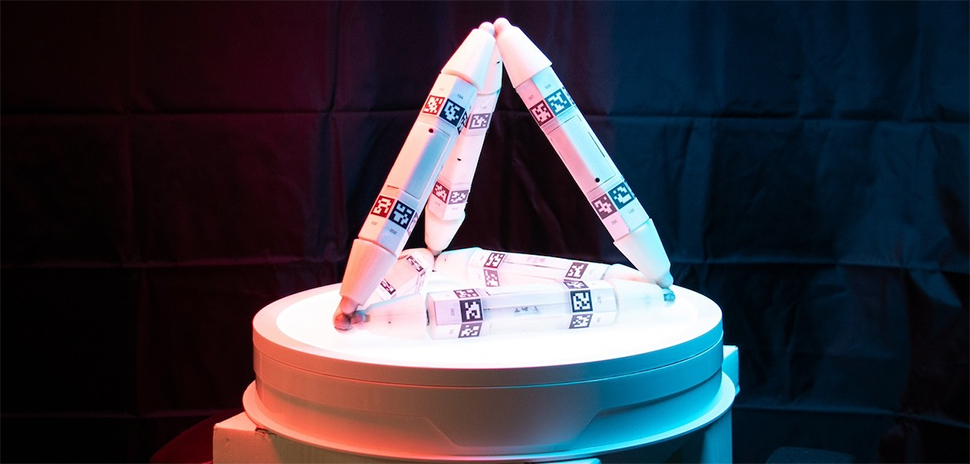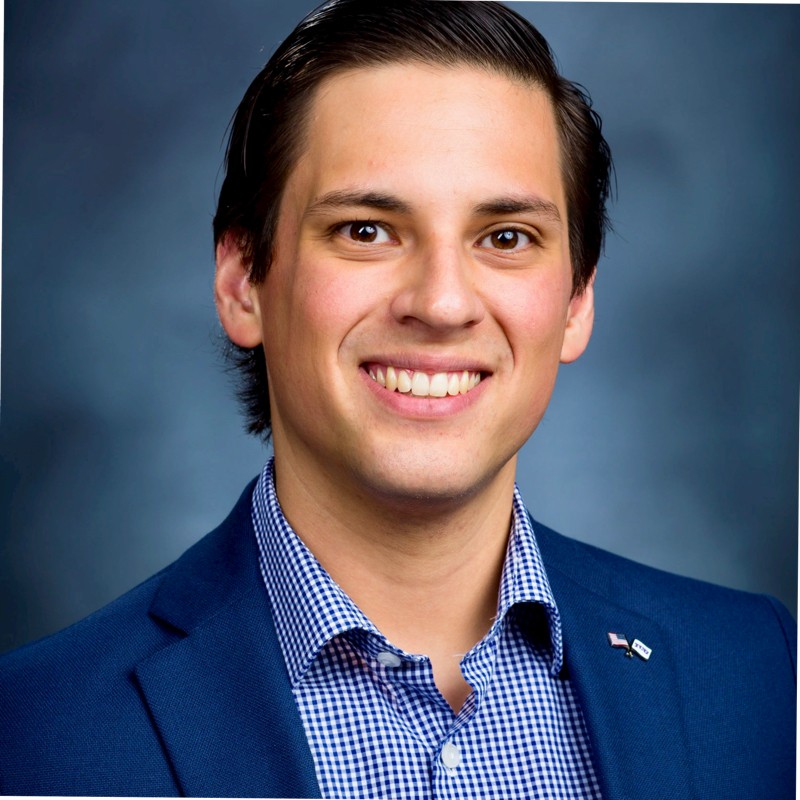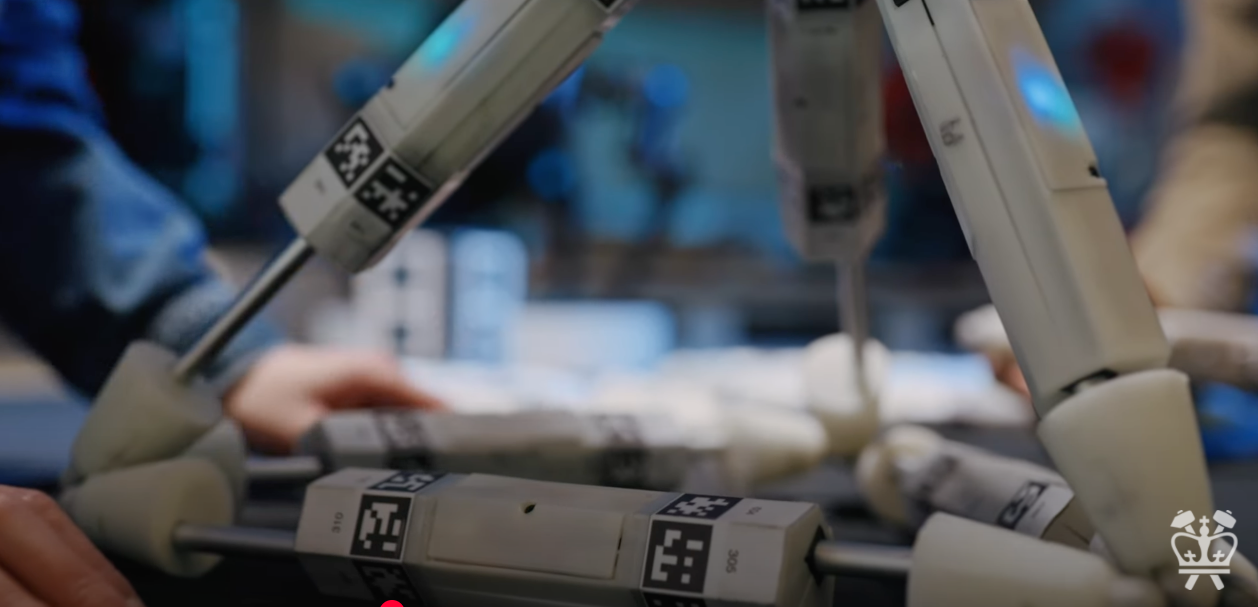
These Truss Links self-assembled to form a tetrahedron. [Photo: Creative Machines Lab]
“It’s pretty exciting to see this ‘robot metabolism’ breakthrough: self-sustaining machines, turning damage into upgrades is truly science fiction coming to life.”
Charles Wilson
Process Engineer at Amazon, Futurist, and Investor
… commenting on Columbia University’s breakthrough in modular robotics and inviting innovators to weigh in, via LinkedIn.
Fort Worth-based engineer Charles Wilson recently flagged a “mind-blowing robotics trend” on LinkedIn after spotting new research from Columbia University: modular bots that can reconfigure themselves—and even “eat” each other to grow stronger and heal on the fly.
The technology comes out of Columbia Engineering’s Creative Machines Lab, where researchers have developed Truss Link robots—tetrahedron-shaped bots that use magnetic joints for fast reconfiguration. In one test Wilson points to, a bot increased its walking speed by 67% after attaching a new “limb” scavenged from a neighboring unit.
Truss Link robot at Columbia University [Image: Video screenshot]
The study, published in Science Advances, introduces what researchers call “robot metabolism”—a self-sustaining process that lets machines absorb and reuse parts from their surroundings or fellow robots. The work was supported by the NSF AI Institute in Dynamic Systems and DARPA’s TRADES program.
“True autonomy means robots must not only think for themselves but also physically sustain themselves,” said lead author Philippe Martin Wyder.
Co-author Hod Lipson, who directs the lab, said robot intelligence has advanced by “leaps and bounds” through machine learning, but hardware still lags behind: “Robot bodies are still monolithic, unadaptive, and unrecyclable.”
Lipson admits the image of self-reproducing robots “conjures some bad sci-fi scenarios.” But, as we hand off “more of our lives to robots from driverless cars to automated manufacturing, and even defense and space exploration,” he said, “We can’t rely on humans to maintain these machines. Robots must ultimately learn to take care of themselves.”

Charles Wilson
That possibility isn’t lost on Wilson, who earned his MBA from TCU’s M.J. Neeley School of Business. He sees the next frontier for the tech.
“Picture this in disaster zones or space missions, bots could adapt without human help, reshaping the workforce from rigid tools to resilient machines and teams,” he wrote.
His post ended with challenges for the innovation community: “ENGINEERS & INNOVATORS: How might this change disaster response? STARTUPS: Ready to build on ‘robot metabolism’?”
Watch the Columbia video here.
For more of who said what about all things North Texas, check out Every Last Word.
Don’t miss what’s next. Subscribe to Dallas Innovates.
Track Dallas-Fort Worth’s business and innovation landscape with our curated news in your inbox Tuesday-Thursday.
